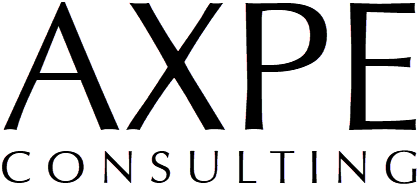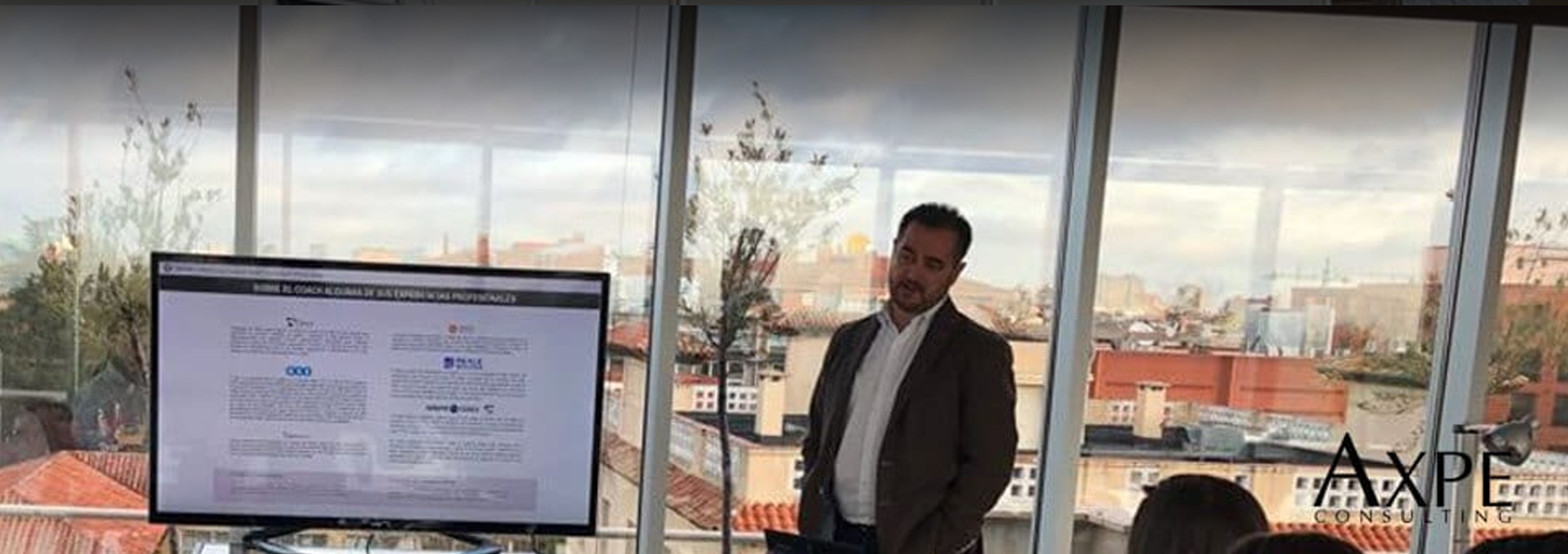
Talk with Mario Martín Conde about the business environment: “The future is not what is going to happen; it’s what we are going to do.”
Mario Martín Conde, Deputy General Director of AXPE Consulting, delivered a talk to the company’s younger staff on Friday, April 13, about the current business environment. The importance of a personal attitude at work, the undeniable need for digitalization in companies, and William Oncken’s Method, which addresses work responsibilities, were some of the key topics discussed during the session.
Every person must be aware of the new business models emerging from a new reality, Mario commented at the beginning of the talk. Teamwork is essential to foster competitiveness and ensure that projects succeed. Adding value is always a winning move, so knowledge should not remain locked away but must be shared with colleagues. To achieve this, it is very useful to respect others’ ideas, ask questions, be creative, and seek solutions. Similarly, fun should be present in many areas of work.
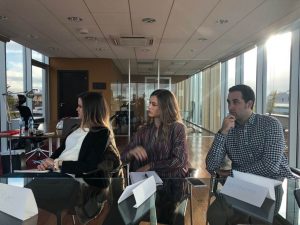
Mario also highlighted Sun Tzu’s words in The Art of War:
“If you know the environment and know yourself, you need not fear the outcome of a hundred battles.”
This theory, when applied to the workplace, can be extremely useful for navigating any business environment.
Today’s world is disruptive, so being creative and innovative is the best way to grow. Thus, the current roles within management teams should gradually evolve to adapt to 3.0 environments. Nowadays, technology and business go hand in hand. Technological advances are changing the world and, consequently, the business environment and enterprises. Having a digitalization strategy is essential for any company. Business success and growth depend on every employee, making the motivation of each worker vital. Sometimes the business environment can be hostile, but that is precisely why motivation must be a matter of personal attitude. In this context, during the talk, the Holstee Manifesto was displayed, as shown below.
Change has always existed, but today its pace is dizzying. On a personal level, it is very useful to understand change as development and to face fear with motivation and a desire to move forward. For each worker to succeed, they must adopt a new role—one that involves learning to accept criticism, being flexible, adapting, being resourceful, maintaining motivation and confidence, keeping the values of professional and personal ethics in sight, knowing how to work under pressure and in a team, planning, staying positive, and having strong communication skills.
To create something new, it is inevitable to go through a process of chaos, where one can either be a victim or a protagonist. It all depends on one’s personal attitude.
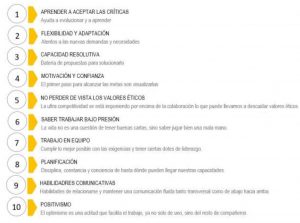
Regarding the achievement of objectives, it’s all about finding a balance between effectiveness and efficiency. The success of a project doesn’t depend so much on the business environment as it does on having a strategy, good leaders, the necessary resources, the right people, and an action plan. To reach the objectives, it’s not enough to just want it—you have to believe in it. “Nowadays, with capability and talent, nothing is impossible (…) The future is not what is going to happen; it’s what we are going to do,” concluded Mario Martín during the talk.
